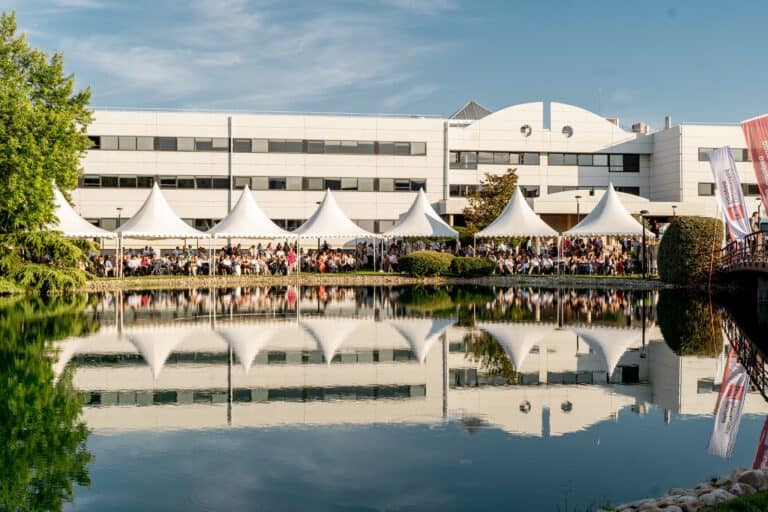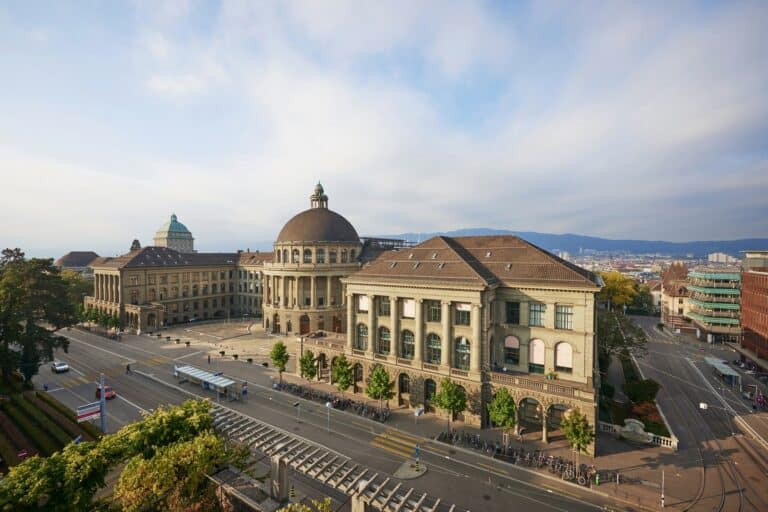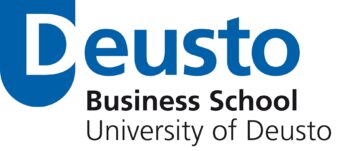In this article are reviewed some profound technological trends which are going to change the labor market through the information technologies revolution. Consequently, it is argued why a science career seems preferable to a humanities one.
A world of machines and data
As it was shown in previous posts (links), the global economy is immersed in numerous changes that are going to end definitely with the way in which we think about labor, professional careers and working stability. We are going to be surrounded by machines and digital devices and those are going to be linked to information processing sources more sophisticated than any human mind.
Machines are simply better than us in thousands of activities, the Internet is not going to disappear and the Informational Technologies Revolution is inevitable so we better be prepared.
Related:
[Do You Want To Write Great Articles? Use LaTeX]
[Why You Should Study To Be A “Techie” Person]
[Big Data: The New Revolution Is Here]
Computers and algorithms
Computers are, certainly, a very recent invention and its application to solving human problems even more recent. Let’s put the case of chess. Until the 70s computers were not capable of competing with a real player. The first computer models used to be defeated by an advanced player without many troubles. They used to give erratic answers and needed to be controlled by an expert.
And, suddenly, a few years later the algorithms and processing capabilities of computers improved exponentially. In 199 the famous machine Deep Blue was able to beat Kasparov in one of the most epic chess games of history. However, the most important fact about this transformation is not the victory of Deep Blue. Rather, a new game that no one could ever have predicted: freestyle chess.
Machine vs human
Freestyle chess is a game in which machine and controller complement each other to play chess and, together, they can overcome the abilities of an expert chess player of the moment. Humans are being defeated in every type of games, even in other less strictly ruled as Go with the advances in machine learning. It is no casualty that the same process is replacing workers in every productive sector of the economy. The artisan element of the activity is no longer the relevant scarcity.
There is going to be a new hiper-meritocracy, more competitive, global and quantitative, that is going to pay much more for the ones able to adapt. The new key skill in labor market is to control modern -and complex- computer machines, as the book Average is Over, by Tyler Cowen, shows.
Related:
[Technology, Resources, Jobs: Everything You Need To Know To Make The Best Study Decisions!]
[Things I Wish I Knew Before I Started College]
[The Complete Guide To Finding Your Ideal Business School]
That is why we have to study science careers
¿Which careers are relevant to adapt and control machines? Without any doubt, hard science careers. Especially careers linked to mathematics and statistics. In a world of data and computers, quantitatively intensive profiles are highly demanded.
This is not to say that a humanistic formation is not worthy at all. Being smart, having culture and societal sensibilities has an intrinsic value. But in the labor market, successful profile careers are measured by their abilities to solve problems. In essence, computationally intensive problems.
Recent Posts

For professionals with a few years' experience already, an MBA can be a great way of boosting your career prospects. From changing jobs or industries ...

Studying abroad for a semester or a full year can be an incredibly enriching experience. You'll get to experience a new culture, meet new people, and ...

If you're thinking of studying a technical subject like engineering at university, it's crucial that you choose a university that has a rigorous ...

